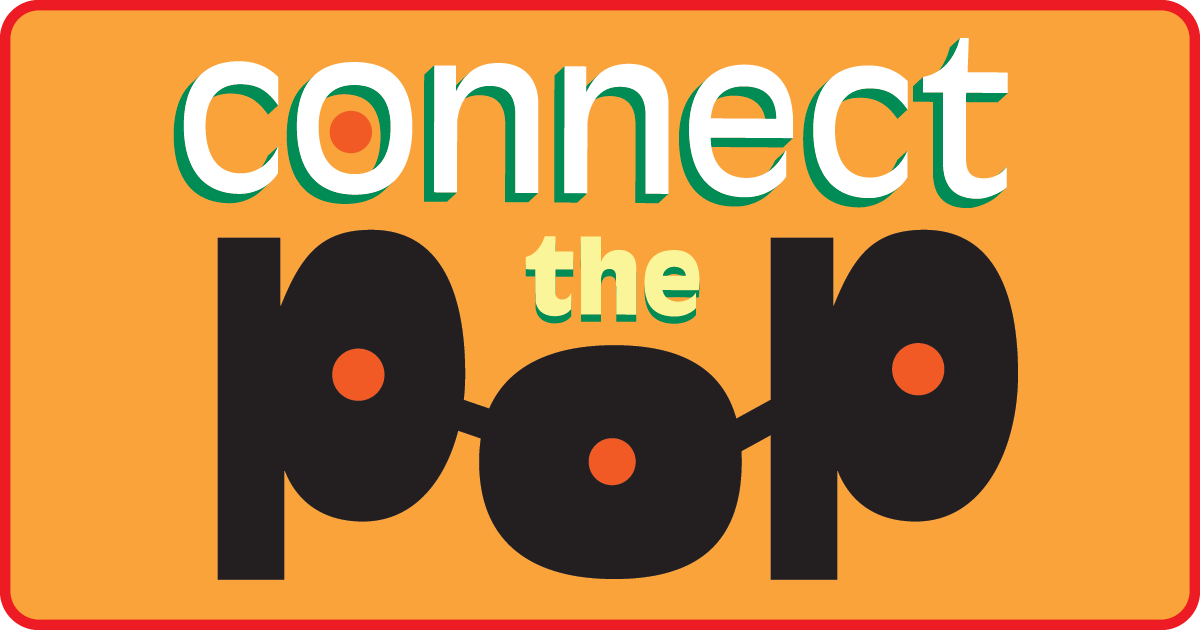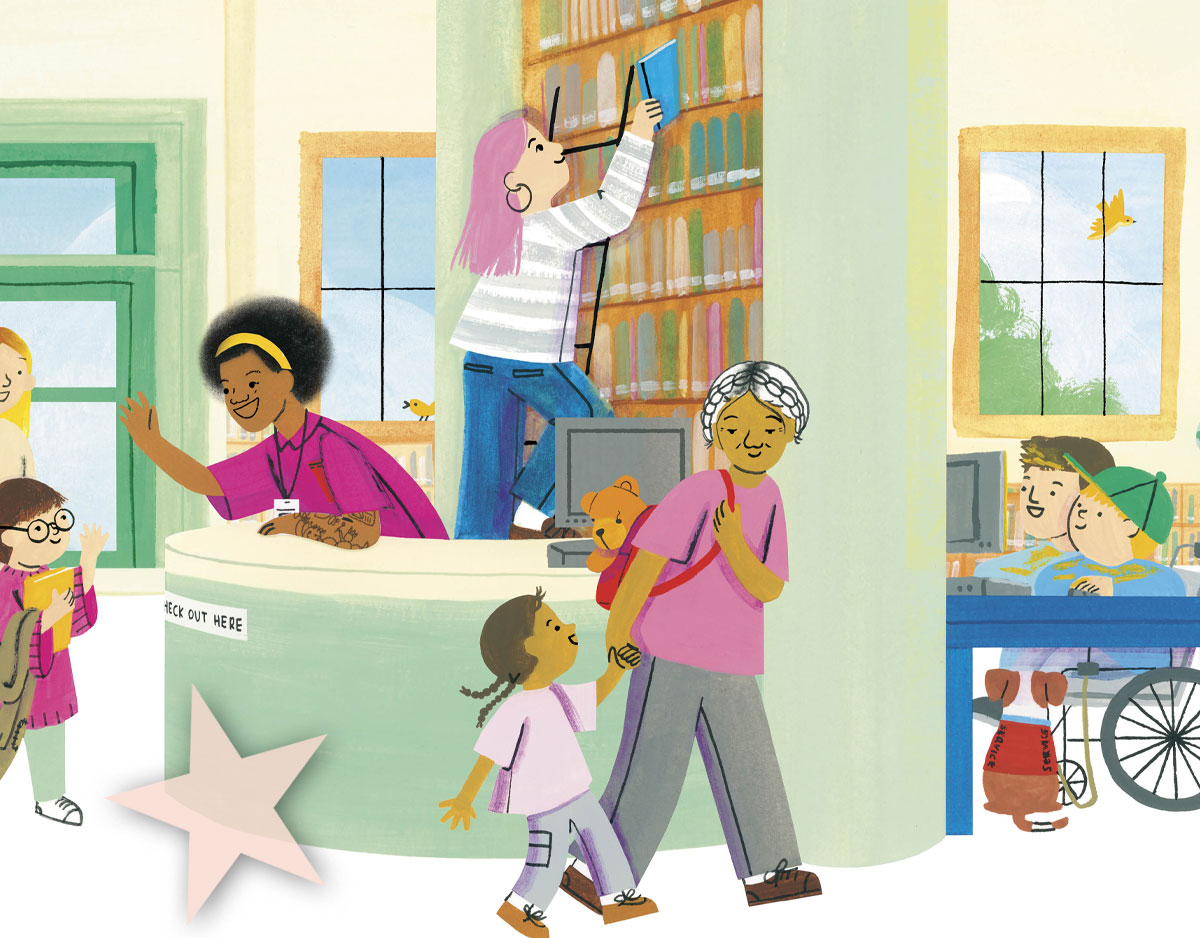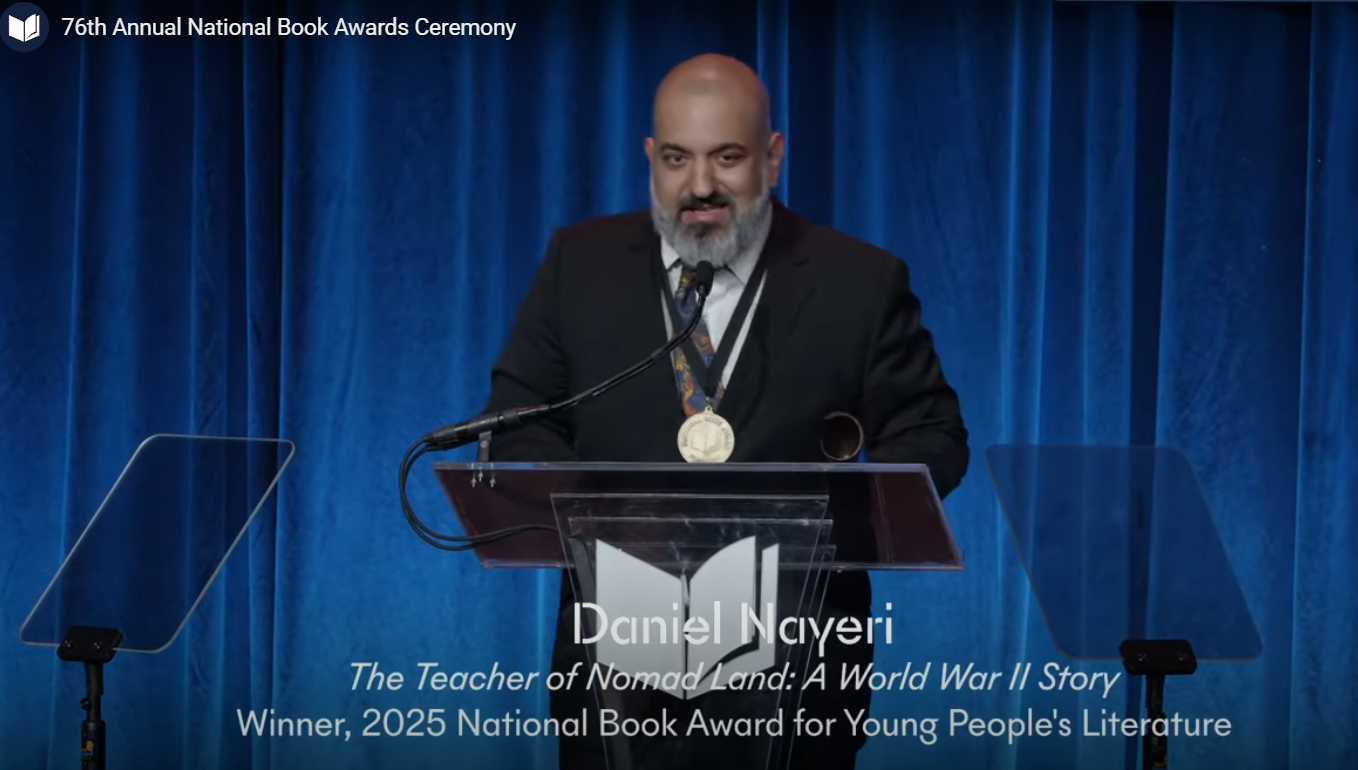SCROLL DOWN TO READ THE POST
After Earth Day, Who “Speaks” for Nature?

Here we are, then: at that point on the calendar known as “the rest of the year.” It’s not Earth Day any more, or even the day after Earth Day, and while some groups nobly engage in week- or month-long related activities, most of us have returned to thinking about the planet only occasionally (everpresent background anxiety notwithstanding). When we next see images of hurricanes raging and glaciers shearing, when a colorful new picture book both celebrates and mourns Amazonian rain forests, when politicians and Op Ed pages debate environmental regulation, and when we stumble across compelling cable content on networks devoted to science and/or wildlife—well, that’s when we’ll become impassioned, thoughtful, aware.
That is, it’s not through any authentic, firsthand interaction with, you know, the natural world itself.
Which is why I’ve always felt that the science curriculum is one of those areas that would truly benefit from a large, hypodermic injection of media literacy. After all, aren’t most of our public policy debates informed by factoids/partial data/dramatic images supplied by media coverage rather than the relevant research? With this in mind, the next time you’re screening “nature videos” to young people, you may want to pause to consider how concepts such as “Nature” or “Earth” or “The Environment” are pretty much constructed by such media representations.
ADVERTISEMENT
ADVERTISEMENT
One of the key production elements in this respect is voice-over. In short, just who is narrating a given doc? Is it an older gentleman whose demeanor suggests a fatherly approach to nature, one of wizened stewardship? And if not that quality exactly, then at least a deep sense of integrity built up over time? After all, that might explain the value of a legend like David Attenborough to recent production stand-outs such as The Blue Planet: Seas of Life—he’s not the driving creative force as earlier in his career, but the prestige he brings as part of his “brand” bolsters credibility from the get-go. Similarly, John Hurt’s narration of Human Planet, a series that may be the best overall choice for Earth Day-type viewing in that it covers multiple ecosystems and human coexistence with them, leverages his persona of trustworthy intelligence. Actually, a better combo of associations to cite might be magic and science—just consider his roles in the Harry Potter, Hellboy, and Indiana Jones movies.

Or should producers opt for a younger narrator, perhaps an actor with whom the youth demographic might identify? That’s certainly the case with Planet Ocean, in which Josh Duhamel does a surprisingly effective and earnest job handling voice-over duties. And that’s not an easy task in this case, as he actually acts for a good deal of the running time, delivering what comes across as a dramatic monologue often heavy with poetry both in text and imagery. In fact, at times things may seem overly dramatic, but I liked the self-accusing and activist tone that Duhamel and the script bring to the subject of our endangered seas. It distinguishes the film from others, as does some of the bolder, often abstract choices in cinematography. That Planet Ocean is polemical in so many ways while also being so lyrical is something of a marvel.
Somewhere in between the gray beards and the Transformers actor in terms of age and stature is Daniel Craig, who does a terrific job with One Life. Billed as “an epic adventure with the heroes of our natural world,” this terrific new release on home video lives up to such claims and is greatly helped by Craig’s efforts in this respect. By having a figure no less formidably masculine than James Bond speak for nature, the idea that exploring the connections and commonalities that bind all creatures suddenly doesn’t seem too “sensitive,” “nerdy,” or “mystical.”
So if you screen worthy titles like these for kids or teens, the idea isn’t to avoid enjoying the respective voice-over talents and what they accomplish. Go ahead and be entertained, even beguiled. The trick is to recognize that this is happening, and how this process positions audiences in relation to a given doc or series’ messaging… and ultimately how our relationship to the natural world is affected as a result. As a final point to ponder, then, we might ask why so few nature videos that we screen feature female narrators. Do we so require “male authority” when it comes to the environment, or is it that the feminine is already thought to be represented in the form of “Mother Nature,” the true star of these media products?
Filed under: Media Literacy, Movies, Science/Math, Television
About Peter Gutierrez
A former middle school teacher, Peter Gutierrez has spent the past 20 years developing curriculum as well as working in, and writing about, various branches of pop culture. You can sample way too many of his thoughts about media and media literacy via Twitter: @Peter_Gutierrez
ADVERTISEMENT
SLJ Blog Network
Name That LEGO Book Cover! (#70)
Review of the Day: The House With Nobody In It by Jon Klassen
Exclusive: Baby Garfield Comics Coming from BOOM! Studios | News
Take Five: January 2026 YA and MG Graphic Novels
The Classroom Bookshelf is Moving
Our 2026 Preview Episode!
ADVERTISEMENT
ADVERTISEMENT







